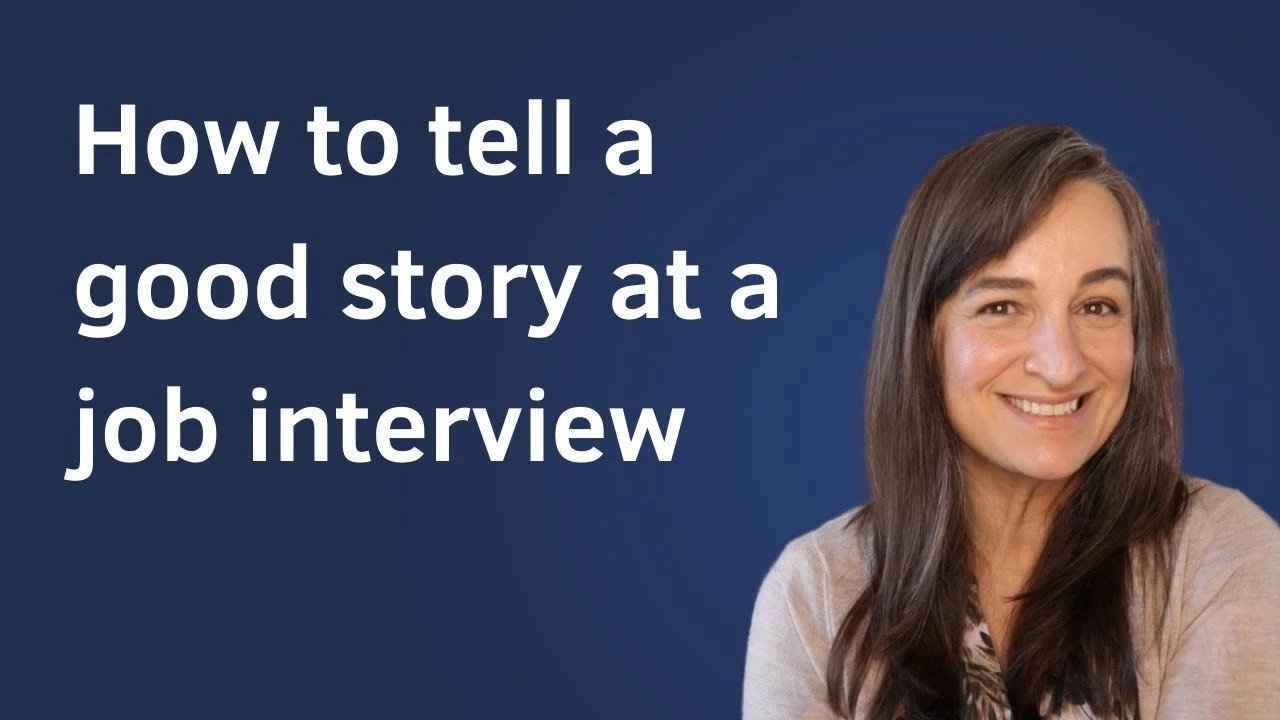Episode 4 - Developing Your Personal Narrative - Part 2

In this episode, I will finish what I started in the Episode 3, Developing your narrative - Part 1. It may be worth going back and listening to Part 1.
In Part 1, I mentioned how I became obsessed with Roland Barthes' A Lover's Discourse and said a paragraph that often comes to my mind when people ask me to write about myself, be it a bio, a LinkedIn profile, or resume. Barthes' horror about writing about oneself is my own. And I think it resonates with many people.
Although I want my clients to learn to feel comfortable in situations where they need to speak and write about themselves, I never complain about helping them review and edit their resumes. Frankly, time is of the essence when we are job hunting, and sometimes things need to be done quickly. And it is so much easier to write and critique someone else's work, yes? So keep that in mind, and seek help if the job opportunity is crucial to you.
But you shouldn't expect your coach (or proofreader) to do all the work for you. You have to put in the effort. Deep down, you have all the answers, and you most certainly have all the knowledge about your experience, skills, and strengths. Not your coach (aka me!).
So how can you write and speak comfortably about yourself in a way that enhances your personal brand? Well, the answer for me is also with Roland Barthes. You see, what Barthes is known for is his expertise in writing, expression, and communication. He studied discourse and narrative, which is how we communicate in speech and writing. And he came up with five different ways in which stories are told.
In this episode, I discuss the five different types of narrative and focus.
The goal is to stop diffusing the focus on ourselves, which ends up hurting our career progress. By learning about the different narrative styles, I hope you become mindful and knowledgeable on how to talk about your work, so you're comfortable with me, and it doesn't sound like you are bragging. I hope you will find it easy to transition to a better narrative style, and I am confident it will have positive results in your career.
So what is it that people do that is ineffective in building their personal narrative?
I believe people are most comfortable communicating in what Roland Barthes calls Hermeneutics. It's a big fancy word. Don't bother remembering it, but here is what it means: it's how we communicate by delivering breadcrumbs, clues that we hope people will follow to decide for us. Listen to the episode where I give examples and explain what this narrative may not be helpful for you.
There is another way of telling a more compelling story without being a brag-fest. Barthes called it Semantics. The entire scene carries meaning when words, visual cues, and body language add to the story. And you don't have to spell out what you mean. It oozes out of you, and people know. In this episode, I give examples that showcase why this narrative style is so good in helping you win over people.
How can you apply narrative to build your personal brand?
Well, think about the whole composition about what you want to portray professionally. Let's say you want to be the best project manager there is. And someone asks you how your project is going. You lit up, and you are energized. You answer mindfully. You don't need to spell out every detail, but it needs to be something important to that person. In this episode, I explain the importance of tailoring your message to the listener.
Personal narrative, or personal branding, is built over time.
Think about the concept of natural selection: repeat a strategy consistently over time, look back at what you are doing and review. Do a self-assessment of what has worked well, what hasn't. McKinsey has put together a list of questions on trusting your instincts, added to the resources below. But basically, it's experimenting and self-assessing, adapting when you notice something is working well, and evolving in your narrative so that you are in a winning situation.
Does that make sense? I may need to do another episode on this, as I'm obsessed with this idea of personal best and how to find it within yourself. Trust your findings (or instincts) but doing this in a scientific-ish way? I think there's a bit of science in my crazy method!
Transcript of this episode
About the Host
Hello, I’m Renata Bernarde, the Host of The Job Hunting Podcast. I’m also an executive coach, job hunting expert, and career strategist. I teach professionals (corporate, non-profit, and public) the steps and frameworks to help them find great jobs, change, and advance their careers with confidence and less stress.
If you are an ambitious professional who is keen to develop a robust career plan, if you are looking to find your next job or promotion, or if you want to keep a finger on the pulse of the job market so that when you are ready, and an opportunity arises, you can hit the ground running, then this podcast is for you.
In addition to The Job Hunting Podcast, on my website, I have developed a range of courses and services for professionals in career or job transition. And, of course, I also coach private clients.
Contact Renata Bernarde
I’m determined to help you! I want you to feel empowered, nail your next job, and have the career you want.
My free resources for job hunters: The Optimized Job Search: Weekly Schedule & Masterclass.
Learn more about my services, courses, and group coaching: RenataBernarde.com
